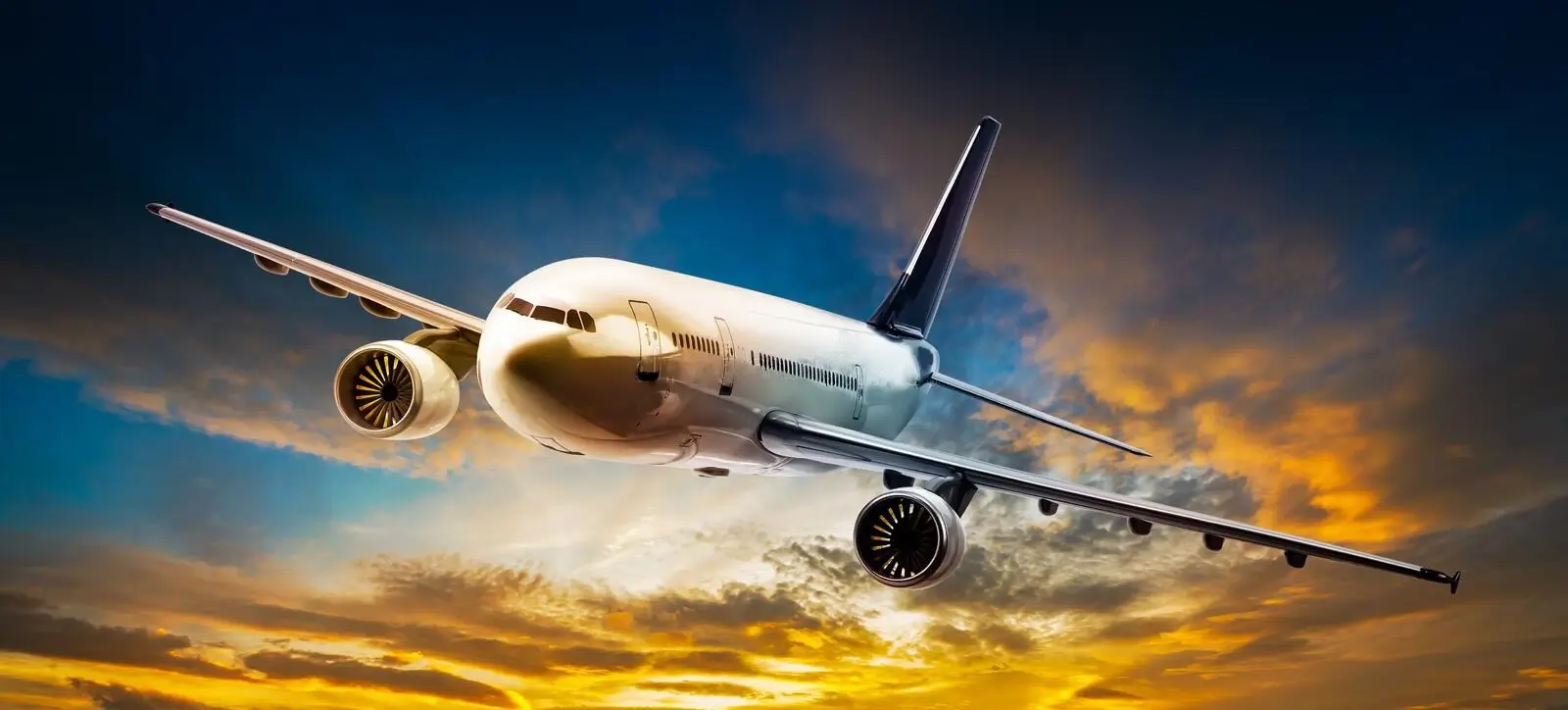Hanoi is the capital city of Vietnam and one of the country's most significant cultural and political centers. Here are some key details about Hanoi:
- Location: Hanoi is located in the northern part of Vietnam, situated on the banks of the Red River. It serves as the capital of Vietnam and is the country's second-largest city after Ho Chi Minh City (formerly Saigon).
- History: Hanoi has a rich history dating back over a thousand years. It served as the capital of Vietnam for much of its history and has been an integral part of various Vietnamese dynasties, including the Ly, Tran, and Le dynasties. The city has undergone significant changes over the centuries, influenced by various colonial powers, including the French and Chinese.
- Culture: Hanoi is known for its vibrant culture, historical landmarks, and traditional Vietnamese architecture. The city's Old Quarter, with its narrow streets and ancient buildings, offers a glimpse into Hanoi's past. Hanoi is also home to numerous museums, theaters, and cultural institutions, preserving and showcasing Vietnam's rich cultural heritage.
- Food: Hanoi is renowned for its diverse and flavorful cuisine, which reflects the city's rich culinary heritage. Some famous dishes include pho (Vietnamese noodle soup), bun cha (grilled pork with noodles), banh mi (Vietnamese sandwich), and cha ca (grilled fish with herbs).
- Economy: As the capital city of Vietnam, Hanoi plays a crucial role in the country's economy. It is a major center for government, finance, commerce, and tourism. The city's economy has experienced rapid growth in recent years, driven by investments in manufacturing, services, and technology.
- Transportation: Hanoi has a well-developed transportation system, including buses, taxis, and motorbike taxis (xe om). The city's streets can be busy and chaotic, especially during peak hours. Hanoi also has an international airport, Noi Bai International Airport, which serves as a gateway to the city and the northern region of Vietnam.













